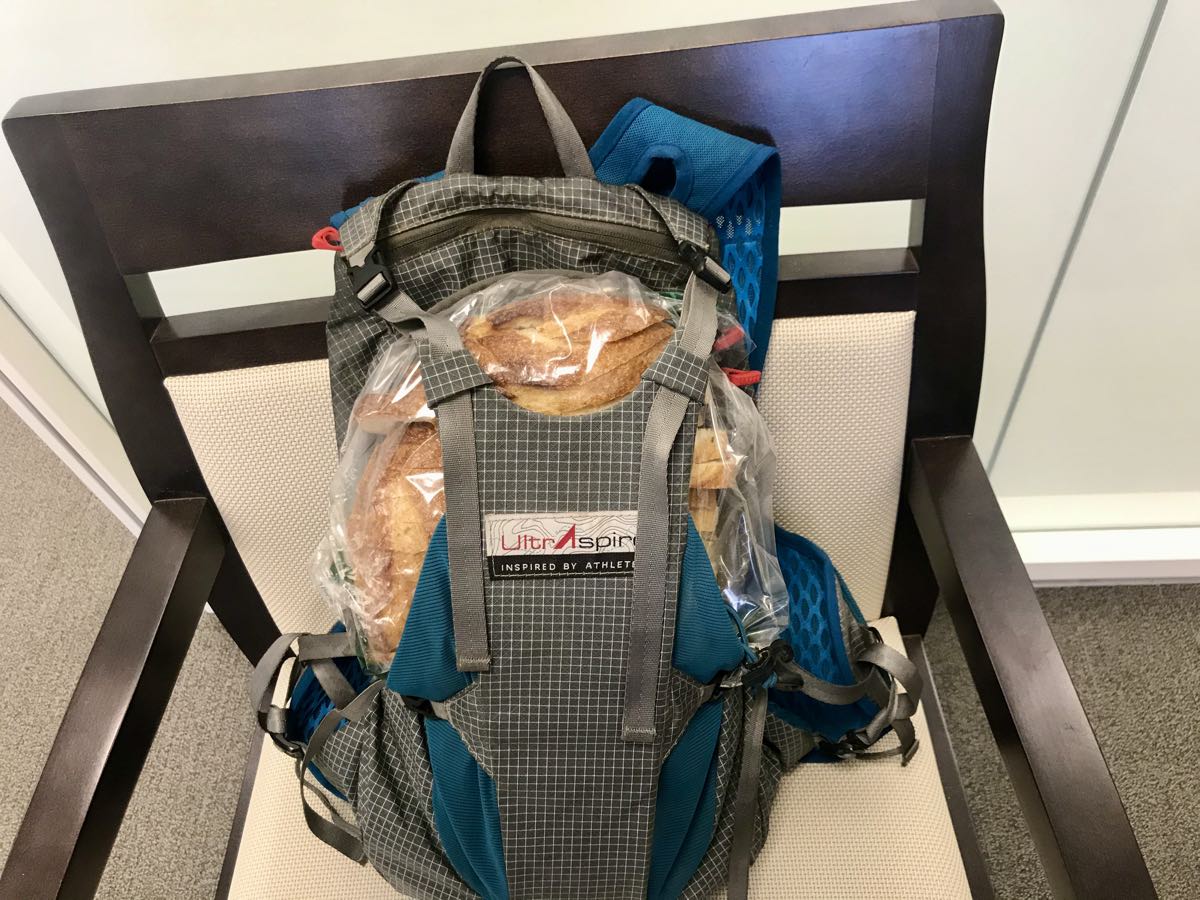I live in a city. While I have access to some great trails and mountains nearby, due to the nature of my daily life and work, I don’t always have the opportunity to run in the mountains. It’s a dilemma that many trail runners and ultrarunners face: how do we train for long races on the trails while still living a normal life? It would be great if we could all simply pursue our passion without worrying about other obligations, but that just isn’t the case for most people. As someone who regularly runs 80-plus miles per week, I have found that run commuting provides a great balance between high level training and a normal work/life balance. It allows me to get a solid amount of my easy and recovery running volume during the week while still having a life outside of running.
Fellow Colorado runner, city dweller, and five-time Western States 100 run top-10 finisher Kyle Pietari has also utilized the run commute as a key component of his training since 2011. Kyle explains the many benefits of this method of transportation, “There are so many good reasons to run commute! First and foremost, it was the only way I could fit enough training volume into my lifestyle to be a successful ultrarunner. It also saved me thousands of dollars in vehicle expenses over the past decade and greatly reduced my carbon footprint. Finally, I found it gave me valuable mental breaks from the grind of daily work and life, and made every day more fun and adventurous. I could push myself harder at work and be more present with my family at home knowing that no matter how my day went, I was still going to get in two good runs.”
Running to and from work has offered huge cost and time benefits for me as well. Since incorporating the run commute into my weekly training, I drive less and have more time in my day for other things. It has taken trial and error however, especially when it comes to gear and clothing. Here are my top tips to get started:
- Take the uniform approach to work clothing. Have a few standard interchangeable items you can keep at work and wear every day. Plan ahead by making one big trip by car or bike to replace the clothing stash. This will greatly reduce the amount of gear you have to carry back and forth each day.
- Make friends with your pack. Find a pack that fits you well and maintains balance even when filled with a lot of gear. You likely race with a running pack, so this is a great way of perfecting the fit and balance on a daily basis.
- Carry food that can be squished or shaken. My favorite foods to run with tend to be leftover dinners I can pack in Tupperware. A one-dish meal that can be thrown into a microwave at work is ideal. Burritos are always a go-to option as well, since they take up minimal space and can handle being squeezed into a pack.
Kyle has also developed helpful rules based on his own trial-and-error process: “Always have at least two layers of plastic between your food and your clothes, always have a way to protect your phone from rain, and always keep at least one full set of backup clothes, including a belt and shoes, at the office.”
Run commuting is a practical way of balancing training and life, but it can also be enjoyable. I have found that my morning run to work gives me some time to consider and plan my day ahead, and then my run home gives me the chance to unpack my day and de-stress before I get home. There is a meditative aspect to these runs. The routes might not be the most exciting, but the lack of excitement gives me time to think. When I balance these standard routes with more exciting time in the mountains on the weekends, I feel like I’m benefiting from running in two different but complementary ways. Each type of run makes me appreciate the other type as an entirely different activity.
Give run commuting a try and take this bit of wisdom with you from Kyle, “When you first start, you will make mistakes. You might forget your underwear or your belt. You might have difficulties getting breakfast or lunch figured out. You might get funny looks from coworkers when you first arrive at the office and the back of your shirt is wet with sweat where your pack was on. But do not give up—believe in the power of habit and keep doing it until it becomes automatic. The value and richness that consistent run commuting has added to my life are incalculably high, and I hope others can have similar experiences.”
Call for Comments
Calling all run commuters! Leave a comment to share your thoughts on run commuting, be it your own tips and lessons learned, what your run commute looks like, or perhaps your ethos on why it’s a part of your life and running.



